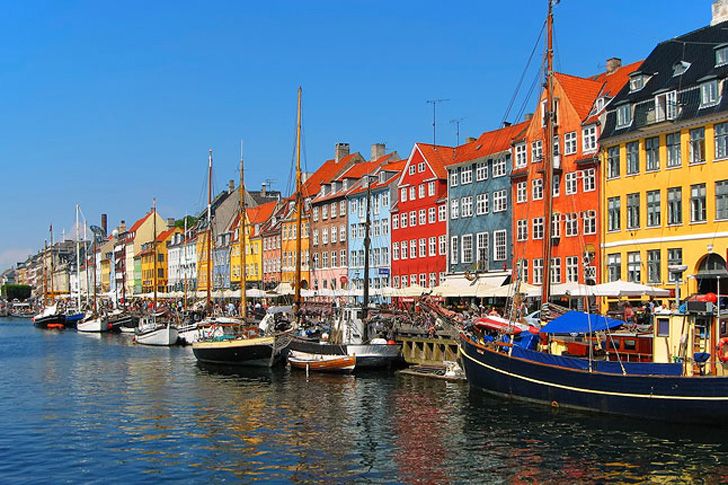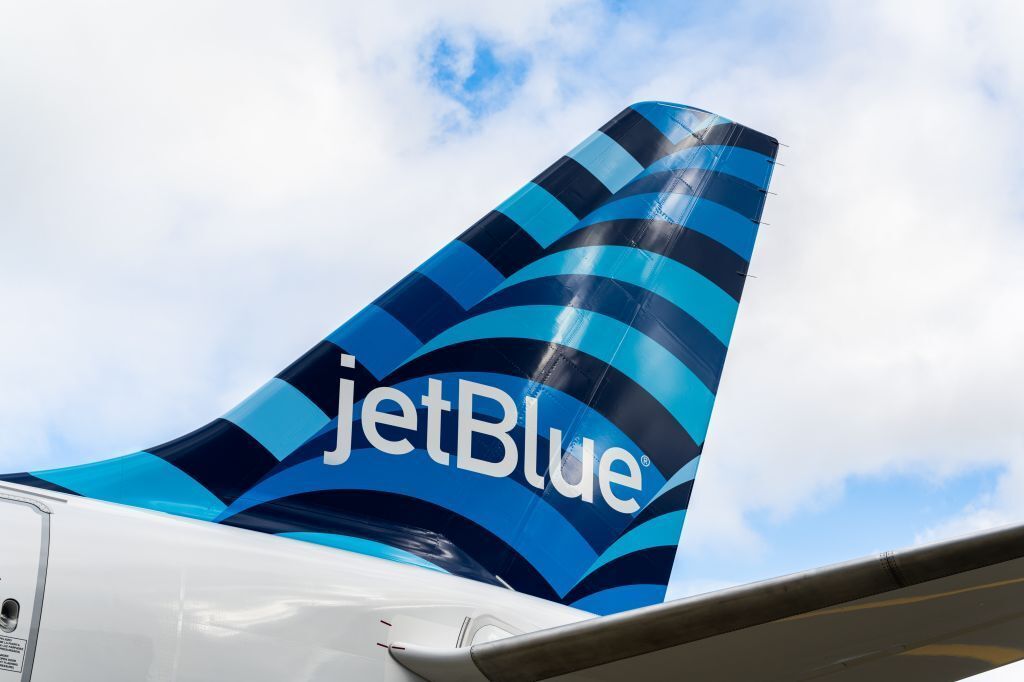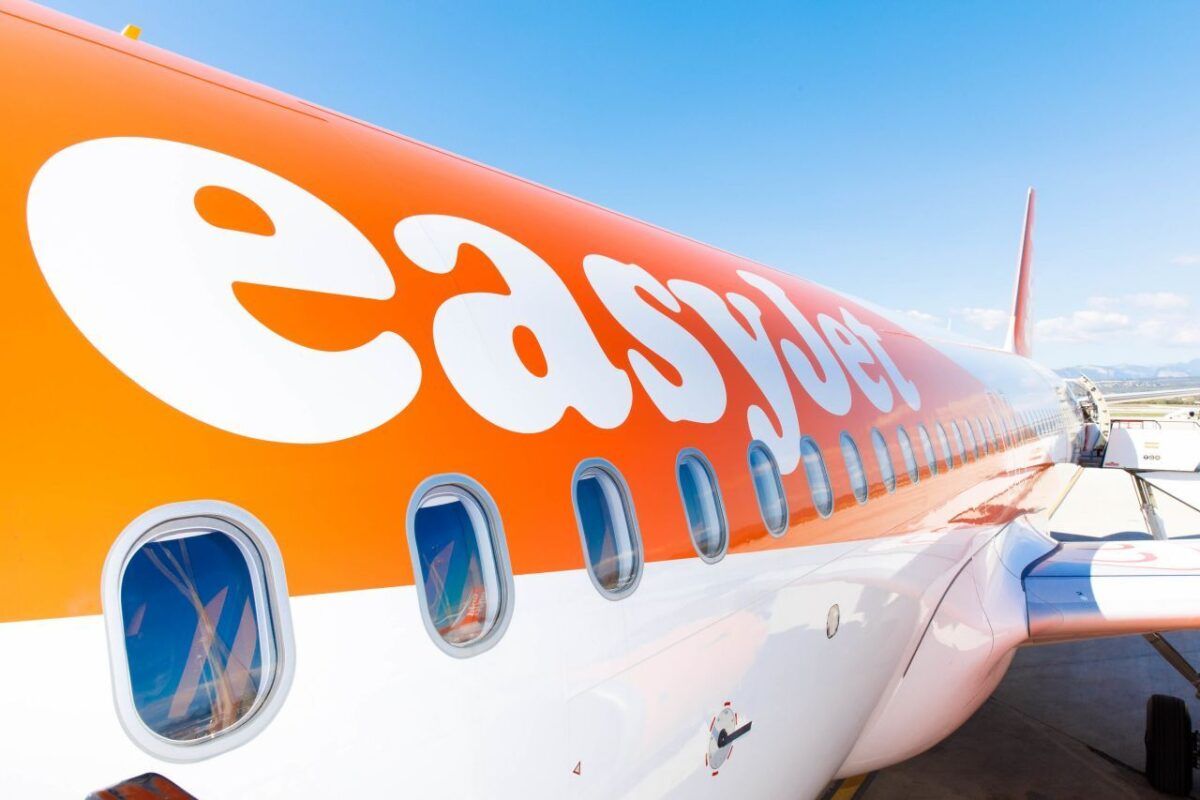German Convention Bureau and carried out by the European Institute for the Meeting Industry (EITW) and Oxford Economics analyze the changes in the meetings market resulting from the crises.
The studies aim at capturing the development of the market in transformation and its future potential on an empirical basis.
The change processes in recent years that will influence our world for the foreseeable future are global phenomena that often occur simultaneously. Moreover, the effects of climate change, pandemics or international conflicts cannot be viewed in isolation as they can sometimes influence each other. According to the recent EITW study which surveyed business event organisers and suppliers*, the energy crisis is seen as the greatest current challenge, closely followed by the Covid-19 pandemic, the shortage of staff and skilled workers as well as inflation and price development. For the respondents, these simultaneously occurring factors lead to a general event planning uncertainty.
Organisers and suppliers have different perspectives on the booking situation over the coming months. While suppliers expect things to move towards a normal workload from March 2023 onwards, organisers anticipate a relatively stable booking situation, especially until the end of February 2023, which will only become more uncertain from March onwards. Overall, the GCB commissioned survey reveals that ever shorter planning cycles require all industry players to become more flexible.
“Despite the multiple challenges, the study results allow for a cautiously optimistic outlook – and while a lower share of international attendees is to be expected in the near future, domestic business in particular will remain stable,” says Matthias Schultze, GCB managing director.
In addition to the above-mentioned developments, 80 % of suppliers confirm the increasing relevance of sustainability as an additional factor that significantly influences the planning and implementation of events.
Oxford Economics study provides macroeconomic outlook
The research carried out by Oxford Economics on behalf of the GCB forecasts the short- and medium-term outlook for the German meetings and conference market, considering factors such as inflation, gas rationing and supply chain risks. It is based on three broad areas, i.e., source market demand drivers, attractiveness of the destination and a historical profile of past business travel and market recoveries in the MICE sector. In two scenarios, the study outlines future growth in visitor numbers and corresponding spending by event attendees based on a baseline trend while considering the actual situation. In the positive scenario, visitor numbers are expected to almost recover by 2023. The more conservative scenario assumes a stronger impact of the higher inflation on GDP growth, which impacts both business event volumes and event formats (digital vs. in-person). In this scenario, a full recovery is not expected before 2026.
Cautiously optimistic future outlook
Despite the challenges ahead, from a purely quantitative point of view, both studies provide results that justify a cautiously optimistic view of the events market in the near future. According to Oxford Economics, the amount of travel related to attending business events in Germany has increased significantly in 2022, favoured among other things by the pent-up demand. Risks associated with the pandemic are also estimated to be lower than at the beginning of 2022. Around 60 % of the organisers and suppliers surveyed by EITW also (tend to) agree with the statement that the current crises will have very little impact on the future of business events.
The next edition of the Meeting & EventBarometer will offer a comprehensive analysis of the German event market, also taking into account qualitative factors and trends. The results are expected in April 2023.
*Suppliers: hotels, venues, DMOs, event agencies, other event service providers















